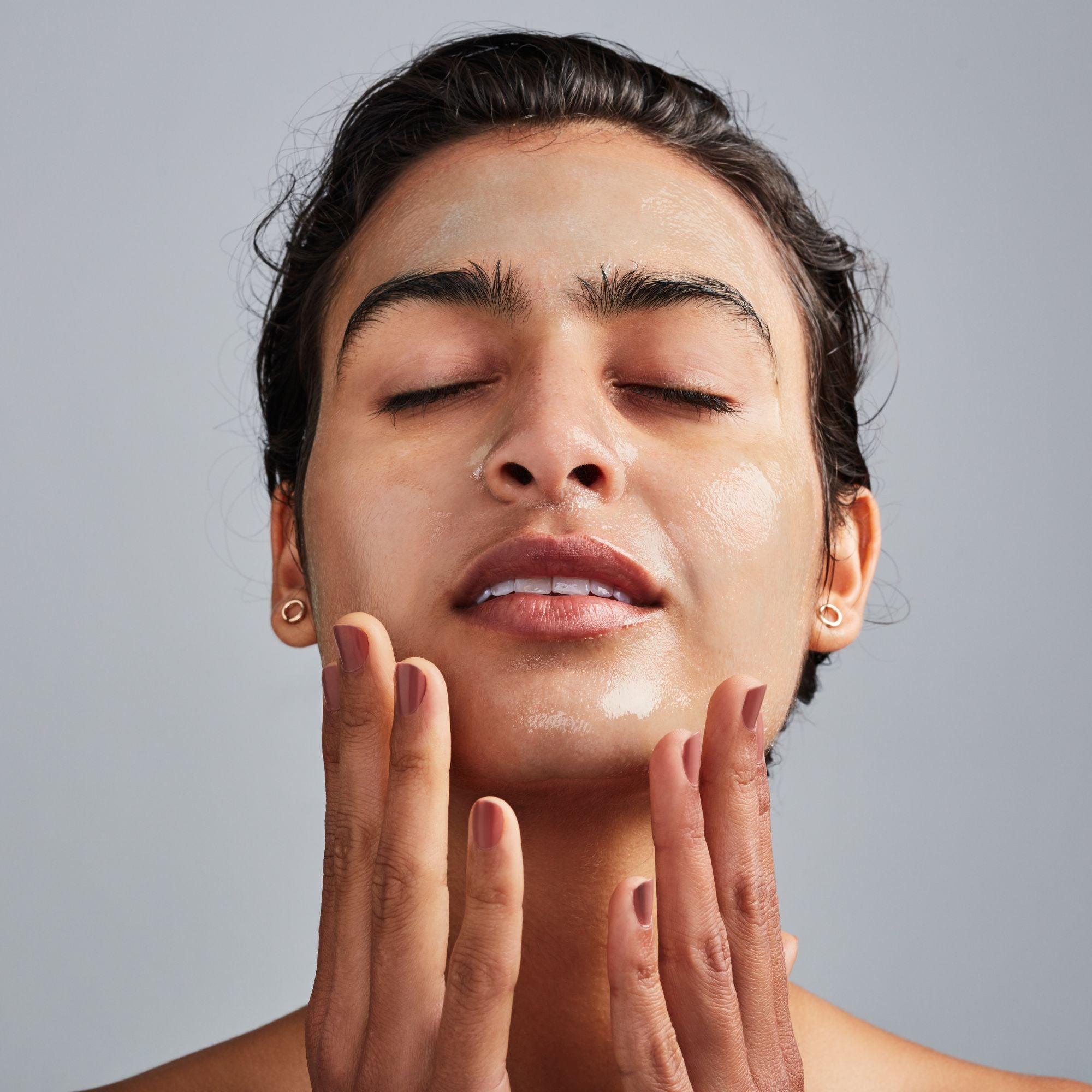Did you know that comedonal acne affects approximately 50 million people in the United States alone? That's a staggering number, highlighting the significant impact this common skin condition has on individuals' lives. If you are one of those millions struggling with comedonal acne, you're not alone. Understanding what it is, why it occurs, and how to effectively treat and manage it is crucial for achieving clearer and healthier skin.
Key Takeaways:
- Comedonal acne is a prevalent skin condition that affects millions of people.
- Understanding the causes and characteristics of comedonal acne is essential for effective treatment.
- There are various treatment options available, including over-the-counter and prescription medications, as well as natural remedies.
- Prevention plays a vital role in managing comedonal acne and maintaining clear skin.
- By implementing appropriate treatments and preventive measures, you can achieve and sustain blemish-free skin.
Understanding Comedonal Acne
Comedonal acne is a common skin condition characterized by clogged pores and the formation of various types of skin blemishes. Understanding the characteristics and causes of comedonal acne is crucial for effectively managing and treating this condition.
Comedones, or clogged pores, play a central role in the development of comedonal acne. When excess oil, dead skin cells, and other debris accumulate in the hair follicles, the pores become blocked. This leads to the formation of comedones, which can manifest as either open (blackheads) or closed (whiteheads) blemishes on the skin.
Clogged pores and the resulting comedones can cause a range of skin blemishes, including small bumps, black or white spots, and rough texture. These blemishes can be frustrating and affect your confidence.
It's important to note that comedonal acne can occur on various parts of the body, including the face, chest, and back. However, it is most commonly seen on the T-zone of the face, which includes the forehead, nose, and chin.

In the next section, we will discuss effective treatments for comedonal acne, including over-the-counter options, prescription medications, and natural remedies. By understanding how comedonal acne develops and the impact of clogged pores on skin blemishes, you can take proactive steps towards achieving clearer and healthier skin.
Treatment and Prevention of Comedonal Acne
Comedonal acne can be frustrating, but there are effective treatment options available to help you achieve clearer and healthier skin. Whether you prefer over-the-counter remedies or prescription medications, there are various ways to treat comedonal acne and prevent future breakouts.

Over-the-Counter Medications
One option is to use topical medications that contain ingredients like salicylic acid or benzoyl peroxide. These ingredients can help to unclog the pores, reduce inflammation, and kill bacteria that contribute to acne. You can find these products in the form of cleansers, creams, gels, or spot treatments.

Prescription Medications
If your comedonal acne is severe or doesn't respond to over-the-counter treatments, a dermatologist may recommend prescription medications. These may include topical retinoids, which help to unclog pores and promote skin cell turnover, or oral medications like oral antibiotics or hormonal therapies.

Natural Remedies
Some individuals prefer natural remedies to treat their comedonal acne. These can include using tea tree oil, witch hazel, or aloe vera gel, which have antibacterial and anti-inflammatory properties. However, it's important to note that natural remedies may not be as effective for everyone and it's essential to consult with a healthcare professional before trying them.

Prevention Tips
While treating comedonal acne is important, prevention is equally crucial. To prevent comedonal acne, ensure that you cleanse your face twice daily with a gentle cleanser, avoiding harsh scrubbing or abrasive products. Additionally, use non-comedogenic skincare and makeup products, as they are less likely to clog pores. It is also important to avoid touching your face with dirty hands and to clean your cell phone regularly.

By following these treatment options and prevention tips, you can effectively manage and prevent comedonal acne, achieving clearer and healthier skin.
Conclusion
In conclusion, understanding comedonal acne is crucial for achieving and maintaining clear, blemish-free skin. By familiarizing yourself with the causes and characteristics of this common skin condition, you can take appropriate measures to treat and prevent comedonal acne.
Throughout this article, we discussed the formation of comedones due to clogged pores and the resulting skin blemishes. We explored various treatment options, including over-the-counter and prescription medications, as well as natural remedies. It's important to consult with a dermatologist to determine the most suitable treatment approach for your specific needs.
Furthermore, prevention plays a key role in managing comedonal acne. Consistently practicing good skincare habits such as gentle cleansing, exfoliation, and moisturizing can help keep your pores clear and reduce the risk of comedones forming. Additionally, avoiding excessive use of oily or greasy products and protecting your skin from excessive sun exposure can contribute to preventing comedonal acne.
By implementing the knowledge gained from this article, you can take proactive steps towards achieving a clearer and healthier complexion. Remember, comedonal acne is a treatable condition, and with the right care and prevention, you can achieve the clear skin you desire.
Also Read - What Does Firming Mean In Skin Care?
FAQ
What is comedonal acne?
Comedonal acne is a type of acne that is characterized by clogged pores and the formation of comedones, which are small, non-inflammatory bumps on the skin's surface. These comedones can appear as either blackheads or whiteheads.
What causes comedonal acne?
Comedonal acne is primarily caused by the overproduction of oil (sebum) in the skin, along with the build-up of dead skin cells and bacteria. This can lead to the clogging of pores and the development of comedones.
How can I treat comedonal acne?
There are several effective treatment options for comedonal acne. These include over-the-counter products containing ingredients like salicylic acid or benzoyl peroxide, which help to unclog pores and reduce inflammation. Prescription medications such as topical retinoids and oral antibiotics may also be recommended by a dermatologist for more severe cases.
Are there any natural remedies for comedonal acne?
Yes, there are natural remedies that can help treat comedonal acne. These include using products with tea tree oil, apple cider vinegar, or green tea extract, which have antibacterial and anti-inflammatory properties. It's important to note that the effectiveness of natural remedies may vary, and it's always best to consult with a healthcare professional before trying any new treatment.
How can I prevent comedonal acne?
To prevent comedonal acne, it's important to practice good skincare habits. This includes cleansing the skin twice a day with a gentle cleanser, avoiding heavy makeup or skincare products that can clog pores, exfoliating regularly to remove dead skin cells, and keeping the skin hydrated. Additionally, avoiding excessive sun exposure and protecting the skin from harmful UV rays can also help prevent comedonal acne.
Read More - Tips on How to Prevent Acne from Forming




